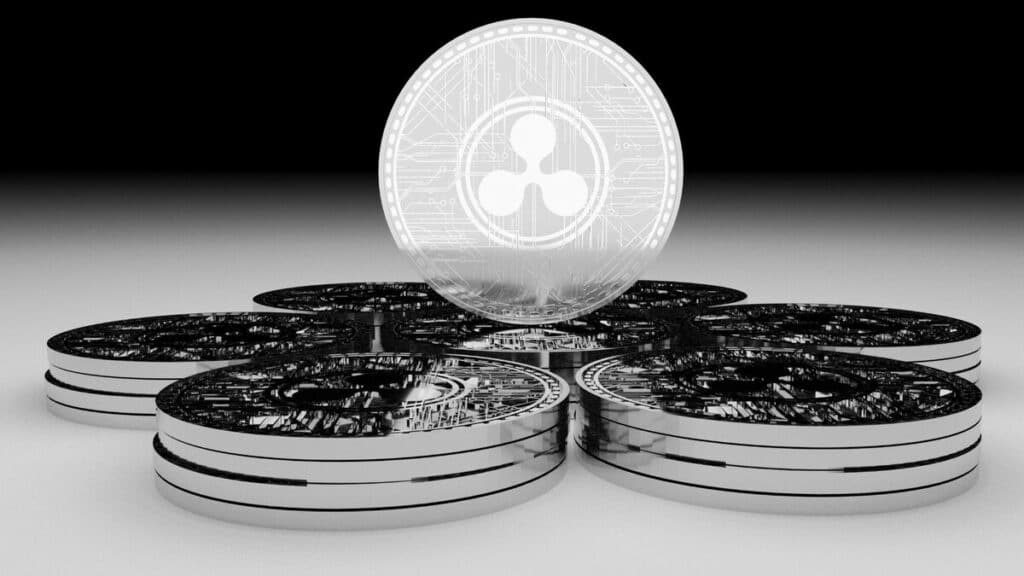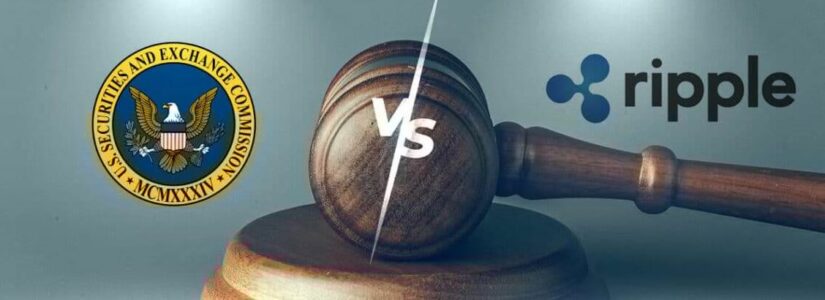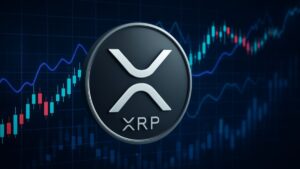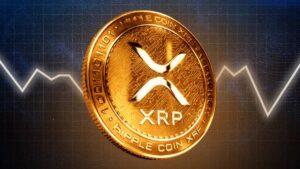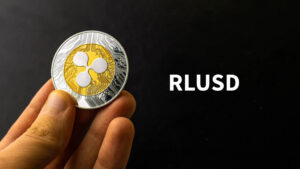Ripple defeats the SEC in a landmark case that alleged that the blockchain firm issued an unregistered security with its XRP token. The cryptocurrency market surged on a pleasant Thursday, with XRP at the front, rising more than 70%.
District Judge Analisa Torres of the Sothern District of New York, on Thursday, July 13, ruled that the XRP, as a digital token, is not an investment contract, thus, not a security. However, the court finds that some transactions involving the token constitute securities. In that sense, both parties have something to celebrate. The verdict on the XRP token reads:
“XRP, as a digital token, is not in and of itself a “contract, transaction, or scheme” that embodies the Howey requirements of an investment contract. Rather, the Court examines the totality of circumstances surrounding Defendants’ different transactions and schemes involving the sale and distribution of XRP.”
The judge held that the XRP token itself is not a security, but the transactions and schemes around trading it need to discuss.
The Judge: "XRP, as a digital token, is not in and of itself a contract, transaction, or scheme that embodies the Howey requirements of an investment… pic.twitter.com/zIAXeuwHGr
— Wu Blockchain (@WuBlockchain) July 13, 2023
The market took it as a major win to send XRP from $0.4 levels to above $0.8 on Thursday, according to CoinMarketCap. Coinbase relisting sent the token to 72% in 24 hours, placing it at number 4 in the market cap ranking for a short time. XRP is up more than in the last 24 hours and changing hands around $0.78 as of writing.
Bitcoin (BTC) has also surpassed the $31K mark, and Ether (ETH) above the much-awaited $2,000 mark. Stellar (XLM) has risen more than 50%, with Polygon (MATIC), Solana (SOL), and Cardano (ADA) also recording a noticeable rise.
Summarizing the Court Decision on Ripple
As Crypto Economy reported, the United States Securities and Exchange Commission (SEC) filed a $1.3 billion lawsuit against Ripple, CEO Brad Garlinghouse, and co-founder Christian Larsen for raising over $1.3 billion through the sale of unregistered XRP security since 2013.
The court decision categorizes XRP sales and distributions into institutional sales, programmatic sales, and payments. From 2013 to 2020, Ripple sold XRP directly to institutional buyers, hedge funds, and ODL customers to raise approximately $728.9 million.
In discussing institutional sales, the court concludes that these were securities as buyers “did not view the XRP sale as a sale of a commodity or a currency—they understood the sale of XRP to be an investment in Ripple’s efforts.”
The court document reads:
“Therefore, having considered the economic reality and totality of circumstances surrounding the Institutional Sales, the Court concludes that Ripple’s Institutional Sales of XRP constituted the unregistered offer and sale of investment contracts in violation of Section 5 of the Securities Act.”
The Southern District of New York concluded that Ripple’s Programmatic Sales and Other Distributions of XRP did not constitute the offer and sale of investment contracts.
But Ripple’s Institutional Sales of XRP constituted the unregistered offer and sale of investment contracts… pic.twitter.com/VjrEmWVT83
— Wu Blockchain (@WuBlockchain) July 13, 2023
However, XRP sales through crypto exchanges called programmatic sales, do not establish the “third Howey prong.” Therefore, the court concluded that “Ripple’s Programmatic Sales of XRP did not constitute the offer and sale of investment contracts.”
Furthermore, other XRP distributions like employees’ compensation and funding to other developers as Ripple’s Xpring initiative to develop new applications for XRP and the XRP Ledger, do not satisfy the first Howey prong. Therefore, these distributions also do not constitute investment contracts.
Although the SEC also has something to celebrate, the court verdict that XRP as a token is not security is a major victory for Ripple and the whole crypto space. The landmark decision might free the other crypto assets from the dreaded “security” label.


